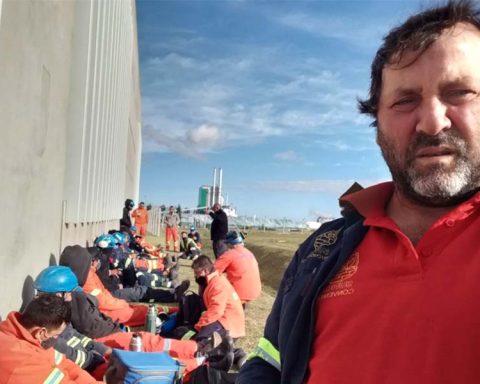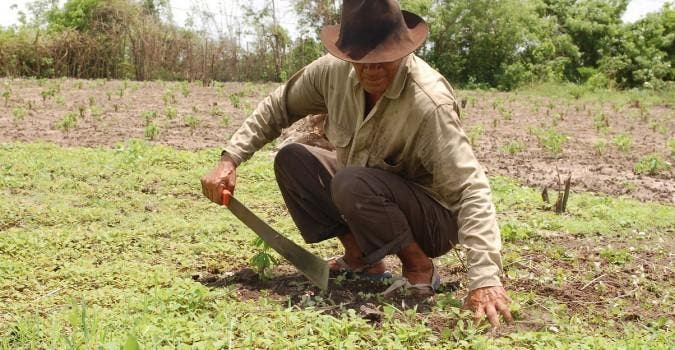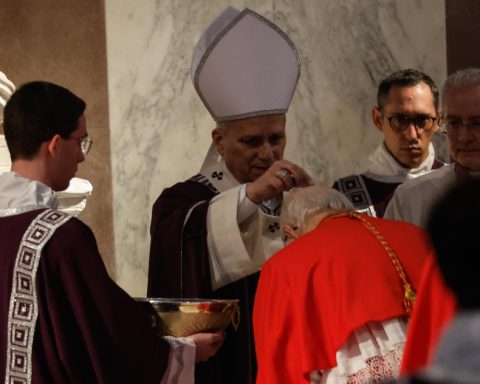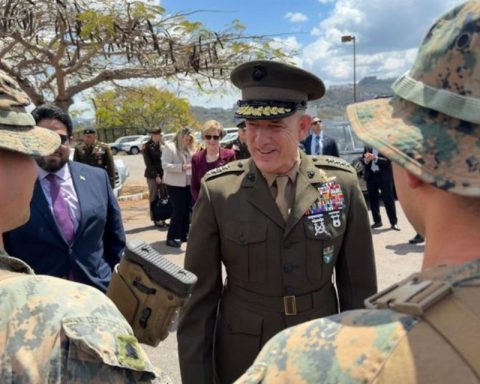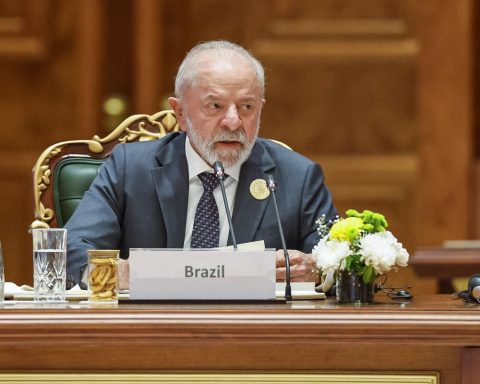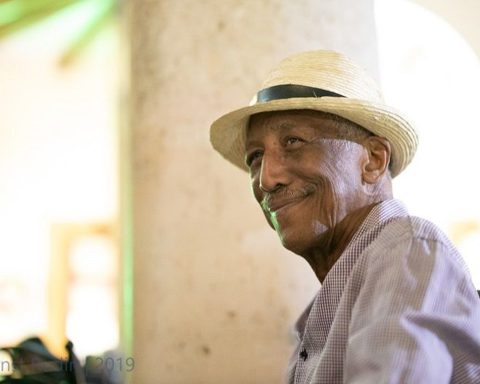From the Latin American Energy Organization (Olade) highlight the strong commitment of the region to energy transitions and decarbonization and promote to energy security but they warn about the incidence of fossil fuels in economies from consumption in transportation and the importance of each country having its own path according to its resource endowment.
The current bets of the Olade are framed within the Relac Initiativewhich is oriented to try to generate a regional goal of 70% participation in renewable energies in the energy matrix of Latin America and the Caribbean at the level of electricity generation in installed capacity of renewable generation.
The Uruguayan Alfonso Blanco is the executive secretary of Olade since 2017. In dialogue with The Observer, said that the Latin American and Caribbean region is “the greenest on the planet” with a 30% of primary energy from renewable sources so it’s “much better positioned” than the rest of the world, which reaches a 13% energy from renewable sources.
The engineer pointed out that the region is “moving strong” in the processes of energy transitions, pointing to “get off fossil fuels and decarbonise economies”. Along these lines, he expressed that the region has “indicators in terms of renewability” as is the “story of great participation of the hydroelectricity as part of the energy matrix” and also the “high share of bioenergy”. “We have what I call a renewable DNA in Latin America and the Caribbean”, he added.
However, the executive secretary of Olade warned of the “very high share of transport as final energy consumption” and argued that even having “participation of biofuels in mixtures” in large economies like Brazil, transport represents 40% of final consumption and is “heavily dependent on fossil fuels”.
“Transport represents between 30% and up to 45% —in some economies— final energy consumption and This makes the incidence of fossil fuels important from the point of view of the balance of payments of the countries and even more so in those countries that do not produce hydrocarbons.”, he explained.
In turn, Blanco pointed out that in many economies in the region “oil income has a very important incidence within what are the budgets”. This added to the fact that in several countries “there is a subsidy for fossil fuels and all energy”. Therefore, before “external shocks” —as currently meant by the conflict between Russia and Ukraine— regional energy markets“have some degree of vulnerability”.
Alfonso Blanco, executive secretary of Olade
Diverse paths towards decarbonization
According to the executive secretary of Olade, in the different areas of international negotiation in the face of decarbonization processes, much of the discussion has to do with “the paths destined to energy transitions and what are those paths at the level of technological adoption that lead to a decarbonization of economies”.
In that sense, Blanco affirmed that it should be “respect the allocation of resources by countries” so that those who have fossil resources They are going to have decarbonization paths that are possibly different from those of countries like Uruguay, which are clearly oil importers.”.
For the executive, there is aclear allocation of resources” aimed at reducing dependence on imported fossil fuels but this refers to “not only to the endowment of resources from the point of view of the country’s extractive industries” but also refers to “the possibility of access to capital”.
As an example, Blanco explained that a project in the north of Chile reaches “levelized energy costs for the megawatt-hour (MWh) generated with solar energy that is below US$20” and that this was the price of the last tenders in the Chilean system.
However, he warned thatmost vulnerable economieswhich are not investment grade, have problems accessing capital and problems with the financial structuring of projects” they observe for that energy costs much higher than those US$ 20 per MWh. Therefore, it is necessary to understand thatThis also affects the pace and speed at which energy transitions are carried out in each country.”.
“We cannot impose an energy development model but each model must be specific to each country and be strongly associated with its resource endowment, the country’s response capacity and also the capacity it has to monetize its existing resources,” he said.
According to Blanco, many regional economies have a large part of their budget linked to oil income and that almost 30% of their fiscal income comes from this, so it is necessary “time to readjust their collection systems to the new energy systems”.

How is Uruguay and regional integration doing?
The executive secretary of Olade stated that Uruguay has successfully managed to diversify its energy matrix and has given “big steps” in the energy sector, projecting a strategy of electric mobility and particularly green hydrogen that “can enhance the country’s role as a potential global exporter.”
These advances achieved by Uruguay are key to “reduce dependence on oil imports and the impact of external shocks on the country’s economy”. However, the share of fossil fuels —fundamentally in transportation—“It continues to be an element that affects the country’s cost chain and that, in the event of a significant rise in the international price of oil, has a relevant internal impact and effect.”.
Siesur is a electrical integration platform created in 2020 by Olade, whose focus is to target more integrated and dynamic electricity markets between Uruguay, Argentina, Brazil, Paraguay and Chile. With the same It aims that the electricity generated in Uruguay can reach the Chilean market, for example, using the transit systems of neighboring countries.
For Blanco, regional integration is “uA line of work that is bearing fruit and has become an element that supports the development of the energy sector in Latin America and the Caribbean, and in particular in the Southern Cone”. In this sense, he exemplified the role that Uruguay played in 2021 to support the internal supply crisis that Brazil had caused by deficiencies in its water regime.
The executive indicated that there are elements and studies that show that the interconnection and the increase in exchanges between countries “has an economic rationale and that there are benefits for the countries from the point of view of more integrated and dynamic electricity markets”.
According to Blanco, regional integration is “starting to walk” and that it is not something that is going to be immediate since it requires a maturation of processes and that exchange processes and commercial modalities are “oiled”. However, he stated that energy integration “supports the security of the systems at the regional level” and that also reduces “the impact of the different external shocks that can occur”.
“With high oil prices, the exchanges that can take place at the level of electrical systems have an economic rationale so that the energy that supports the systems of neighboring countries have a lower cost of generation than high cost fossil fuel generation then that is what we are supporting and sustaining”, he expressed.




